What is Mindfulness
and how can it help?
What is it?
Simply put, mindfulness means deliberately attending, in a warm and engaged way, to our experience right now: to our thoughts, feelings and bodily sensations - becoming more present in our life, to others and the world.
Why?
If you think about it, we spend much of our day on autopilot, sleepwalking through life. We can be distracted by endless activity and lost in thoughts about the past or future - often leading to increased stress and confusion. With mindfulness, we can learn to get curious about what’s actually happening in this moment – clearly perceiving our experience as it occurs. This opens up a space where, instead of reacting to events in automatic, often unhelpful ways – we can choose to respond wisely and kindly. Experiences are less likely to overwhelm us and we develop a calm anchor through the inevitable ups and downs of life.
Compassion
Mindfulness isn’t, however, a cool and aloof ‘coping mechanism’. An integral aspect of the training is ‘kindfulness’. We deliberately develop warmth and compassion towards ourselves and others, helping us find greater connection and open-heartedness. This warm awareness can really transform our experience and enable a greater sense of aliveness and appreciation.
Helping with issues
Mindfulness is very effective at helping us manage difficulties - such as stress, worry, anxiety, sadness, pain, illness or grief. Through training we learn to settle and focus the mind and develop a new relationship with troubling thoughts, emotions and painful experience. We’re not trying to have a ‘blank mind’ – this isn’t what mindfulness is about. A helpful image is that we step back from under the waterfall of life, with all its confusing noise and rushing, instead sitting on a ledge behind the waterfall. We develop a calm, stable perspective whilst still fully engaged in life. This helps us become more resilient, learning to respond with more fluidity and open-heartedness to whatever comes our way.
How?
Developing mindfulness can be likened to learning to play a musical instrument – it’s something that comes with practice. A good starting point is an 8 week course, or trying a drop in session. Practising mindfulness actually changes the brain, creating new and more helpful neural circuitry – meaning we can harness the power of the mind to work with us rather than against us.
A bit more detail:
During a training course you’ll learn to bring this quality of present moment, kindly awareness to your thoughts, feelings, bodily sensations as well as other people and the world. We guide you through a ‘tried and tested’ programme where you’ll learn to cultivate mindfulness and compassion and bring it into action in your daily lives. We include a range of methods - meditation, enquiry, group exercises, simple theory, mindful movement and demonstrations. There’s an emphasis on learning to inhabit your body, enabling you to ground yourself. You’ll learn to tune in to the process of breathing in the body - which serves as an anchor for the mind - bringing focus and stability. Paying attention to the natural breath is often calming - prompting the autonomic nervous system to ‘down-regulate’ into a ‘rest and digest’ mode - a welcome gear change in our modern, speedy lives. Each time we drop into a state of relaxed presence we’re interrupting our neural circuitry away from habitual modes which might involve, for example, over-thinking, anxiety, rumination and worry.
Rather than a technique, mindfulness can be a way of life. We hope that you’ll be inspired to continue your explorations once your 8 week course has finished. This can be the beginning of a rewarding journey.
“More and more often we can interrupt an escalating storm of stressful thoughts and emotions, drop down into what’s actually happening (immediately in the body) and create a bit of space to make choices about what happens next. We’re no longer quite so much at the mercy of habitual reactions that just make things worse. Rather, we’re more likely to respond wisely and kindly. These small moments of choice add up, slowly infusing the whole of our lives with agency, warmth and aliveness.”
— Jess Pailthorpe, Mindfulness Alive teacher
